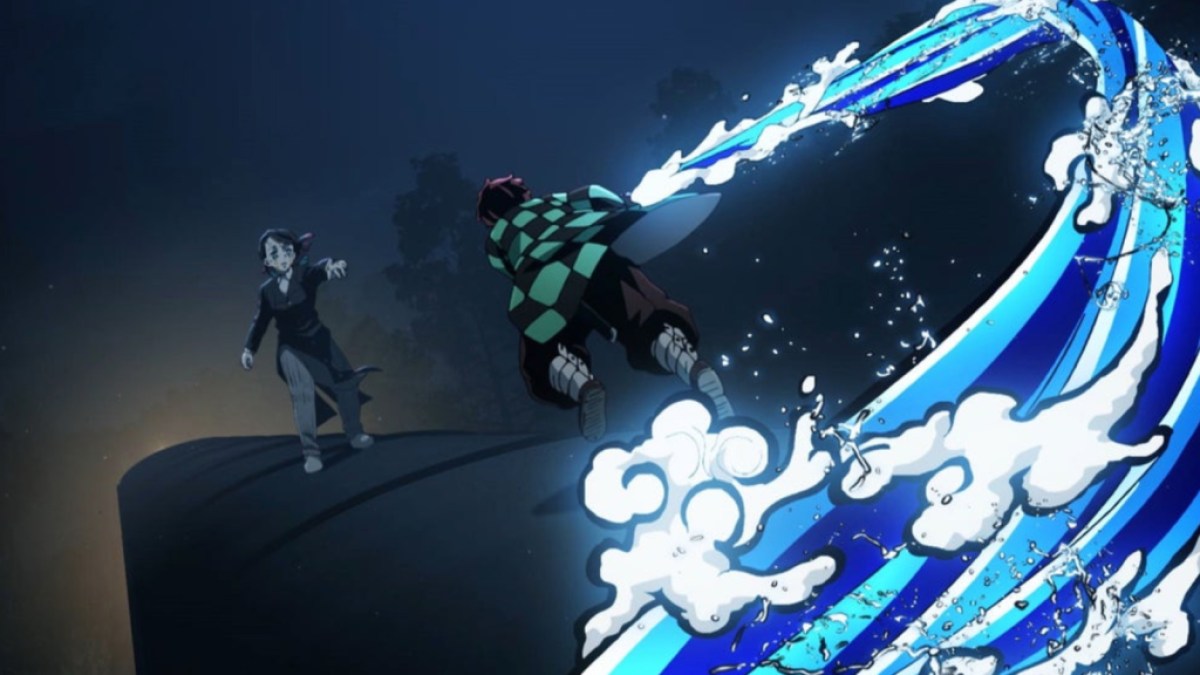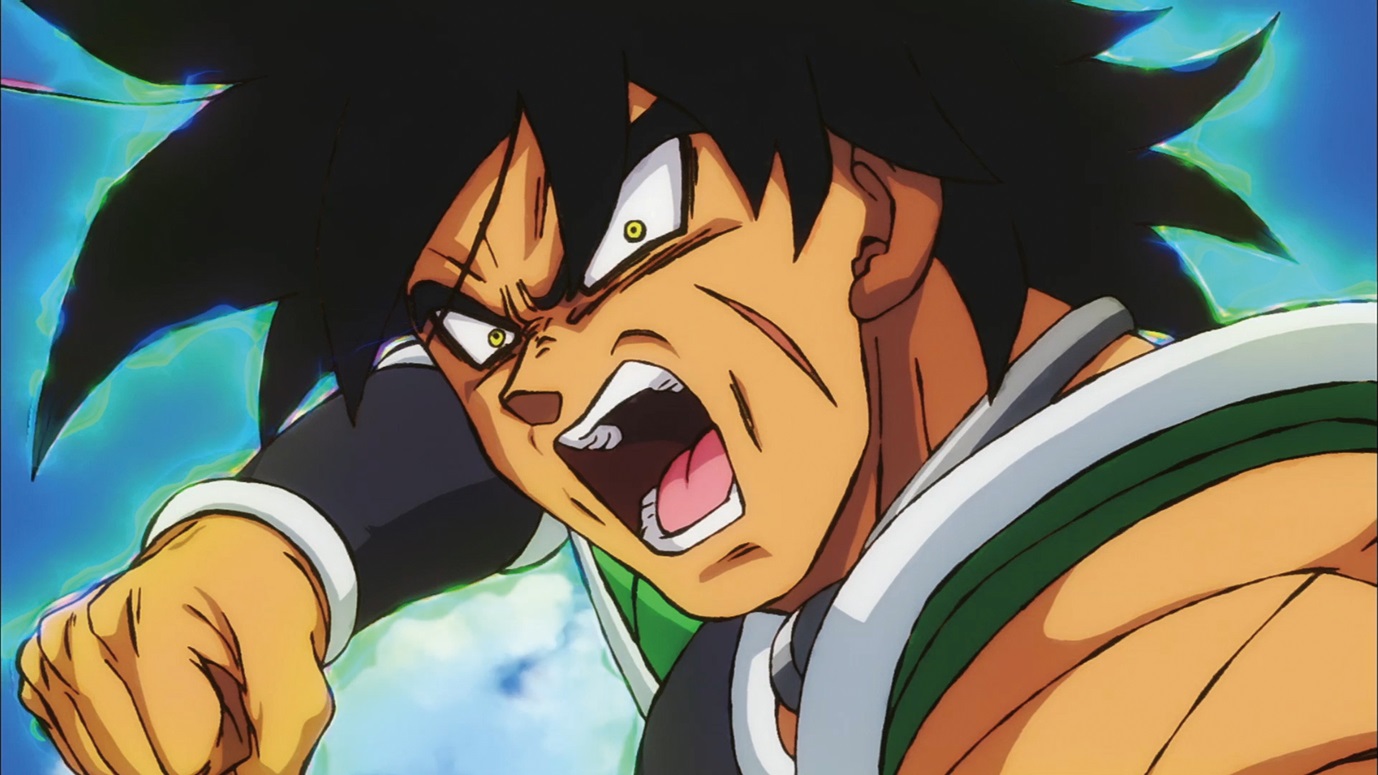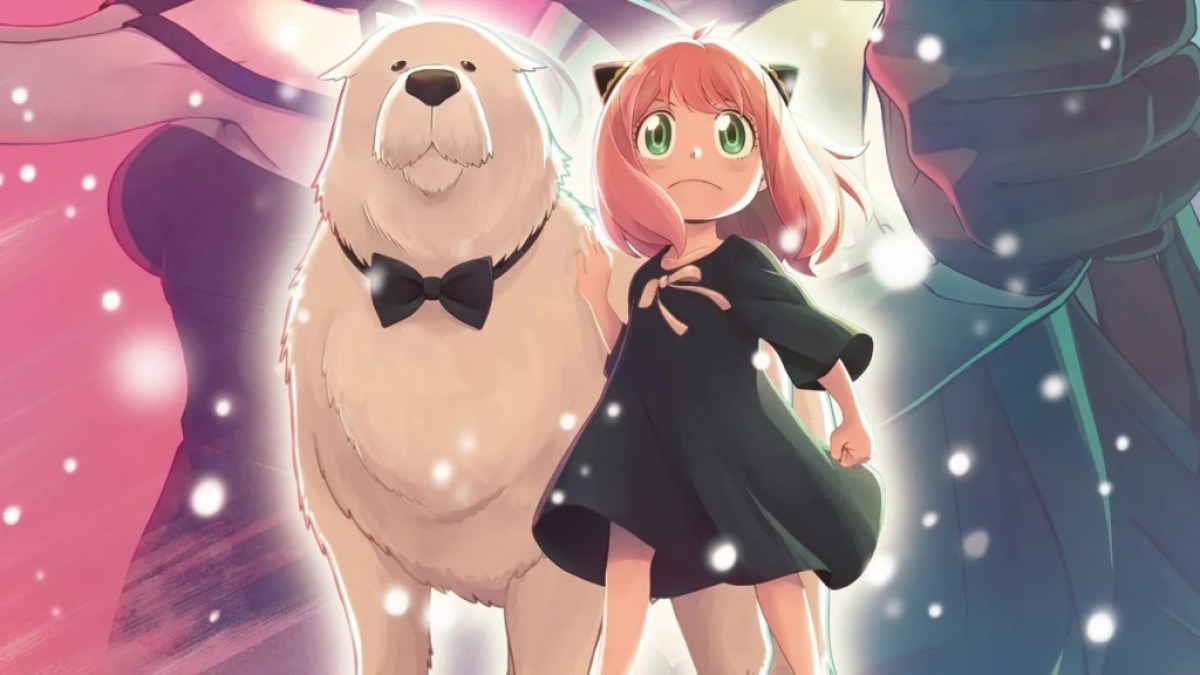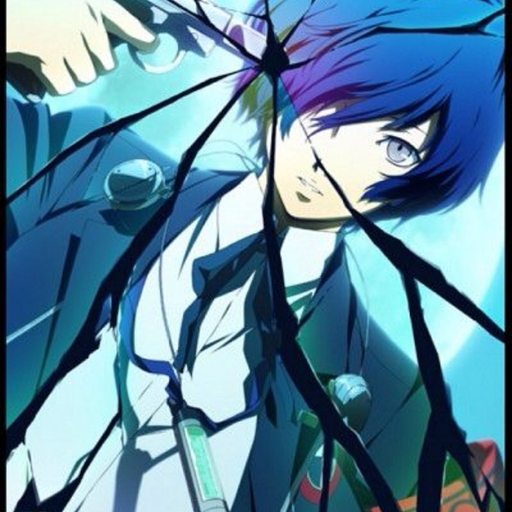These days, there are two types of anime feature films: ones that are canon and contribute to the overall plot of a series and inessential, non-canon films. But for most of the anime industry’s history, if a popular anime was going to get a feature film, they were non-canon films.
Most of the time, these films would be released years after the conclusion of a series, like in the case of the numerous Dragon Ball Z and Naruto films. Typically, if there was a film being released that was associated with a popular franchise, chances are the film was non-canon. But in recent years, canon anime films have begun to crop up far more often and are meant to continue the plot of ongoing anime like Demon Slayer, Made in Abyss, and Jujutsu Kaisen. On the one hand, this is great for fans of the series since these films carry weight to them and can have a meaningful impact on the overarching narrative instead of how non-canon films tend to be inconsequential. On the other hand, it created this weird debate about whether one type of film is superior to the other.
2024 is set to see a deluge of anime feature films with theatrical releases here in the States. This year will see a lot of highly anticipated anime feature films, including movies like Mobile Suit Gundam SEED: Freedom, Haikyu!!: The Dumpster Battle, Blue Lock: Episode Nagi, Overlord: The Holy Kingdom, and even a Chainsaw Man feature film, just to name a few. April even sees an anime feature film releasing, the highly anticipated Spy x Family Code: White. However, what will separate Spy x Family from all of those films is that it’s non-canon, while all of the aforementioned films are canon and integral to understanding the plot of their series. Personally, I’d rather have my anime films be non-canon fluff that can be enjoyed on their own, like Spy x Family Code: White, than films that are crucial pieces to a larger whole.

It’s important to first talk about why exactly canon anime films have become more common. While it’s easy to look at it from a production standpoint and see how a feature film would probably give the creators a larger budget to work with, the answer is even easier than that. If you say that seeing a movie is integral to understanding the ongoing narrative of a series, people will show up, and that equals a higher box office haul. Much like how Marvel was able to constantly make massive profits on movies that ranged from okay to great, as long as you convince an audience that they need to see a film to understand a larger story, people will show up.
The best example of this was Demon Slayer – Kimetsu no Yaiba – The Movie: Mugen Train. It was announced at the conclusion of the first season that the relatively short Mugen Train arc was going to be adapted into a film instead of a TV series, and it became abundantly clear that if fans didn’t show up to see it, when future seasons were released, then they would be out of the loop. Never mind the fact that the arc did eventually get a TV adaptation, the marketing worked, and people flocked to the theaters in droves because they were told it was essential viewing. For perspective, it released right in the heart of the Covid-19 pandemic, and you still had sold-out screenings in Japan and even in the United States. To this day, that film is the highest-grossing anime feature film of all time, earning more than half a billion at the global box office.
Demon Slayer The Movie: Mugen Trian was lightning in a bottle for its production company Ufotable. It struck at the height of the show’s popularity during a time when theatrical releases were slim and successfully gambled on how much a person’s FOMO would drive them to a screening. Since then, canon anime films have tried to replicate that same level of success, but there’s a big caveat with how successful a canon anime film can be – how popular is the anime at the time? Sure, Dragon Ball Super: Broly did well at the box office because Dragon Ball Z was and always will be popular around the world, but smaller and more niche films may not do so well. A series I love, Made in Abyss, had a canon film set between the first and second season that is essential viewing, but hardly anyone saw it because the series simply isn’t that popular. Plus, even if an anime film does get a theatrical release, is it going to be a wide one that will play for weeks?

Canon anime films have a lot of baggage with them because if you want to get the most enjoyment out of it, you need to be aware of the series. Earlier this month, I went to a press screening of Mobile Suit Gundam SEED: Freedom at the Japan Society in New York City, and as a relatively new Gundam fan who never watched SEED, I was absolutely lost from the first minute because that film is a canon epilogue to the anime. It directly uses footage from the hundred-episode TV series and callbacks to major character moments, and while fans were going nuts over it, it made it virtually impossible for a newcomer like me to get in. You can’t just show a non-fan a canon anime film and expect them to understand what’s happening, and frankly, it’s a failure of a movie if you become so burdened by continuity and lore that it makes the film inaccessible to anyone but the most diehard fans.
Related: When Will One Piece End?
Non-canon anime films don’t have that problem. Instead of having to worry about how all of the pieces fit together to make a larger whole, they instead focus on distilling the core ideas of a series into one consumable package. Spy x Family Code: White may not advance the overall story of the Forger family, but it’s a fun little romp that is a perfect vertical slice of what makes Spy x Family endearing. There are spies, some action set pieces, and lighthearted comedy involving a psychic girl. All of this is evident from just the trailers.
Dragon Ball Z, throughout the ’90s, had numerous non-canon films that served as an excuse to watch Goku beat up a whole slew of villains with crazy energy attacks, which any DBZ fan can get behind, even if they’re kind of lame when you think about them. Take Broly, for example. He’s a terrible character who has little to no personality other than yelling and being a violent monster, but fans love him because, in his films, he unleashed one of the most brutal smackdowns in Dragon Ball Z history. Why? Because when you think of DBZ, you think of over-the-top energy battles and fights, and, man, did Broly deliver that in spades. He’s the best and worst things about the show, all in one non-canon package!
A non-canon film can focus on just being fun nonsense that anyone can get into. It can even incentivize newcomers to dip their toes into a series. If you want to try and get a person into an anime series, a non-canon film is usually a good way to introduce them to the main ideas. Is there someone who wants to get into One Piece but doesn’t want to invest days of their lives just to realize it’s not their thing? Show them Film Z or Red and see how they react to it. These titles serve as an excellent entryway and barometer of what makes each anime distinct and can serve as a motivator to let fans explore them in more depth.

And just from a structural standpoint, non-canon films have the ability to tell a complete and cohesive story. With a canon film, there is a chance that the film can be left on a cliffhanger, only to be continued in the show’s next season, whenever that may be, so there are times when the final product’s story may be a bit weak. A non-canon film has to have a complete story behind it, and while it may have no impact on anything, at the very least, it still delivers a definitive beginning, middle, and end. You don’t need to worry about how all of the elements of the story may or may not appear in future installments. You can just sit back and take it all in at your own pace.
Anime is still a niche here in the States, and if it’s going to gain more and more mainstream appeal, non-canon anime films are the pathway to do it. Creating accessible entryways into the genre is essential to growing its appeal in the West, and non-canon films are way more likely to do that than canon ones. I may not know much, but I do know this: my girlfriend and I will definitely be seeing Spy x Family Code: White in theaters. I regularly watched the show when it was coming out, and she really only watched a few episodes here and there. When I asked her if she wanted to come, she asked me if she needed to know anything from the most recent seasons. I said no, to which she replied, “Good, I can follow along then.” If more people can enjoy the unique joys that anime can bring, then non-canon is the way to go.
Spy x Family Code: White hits theaters on April 16.





